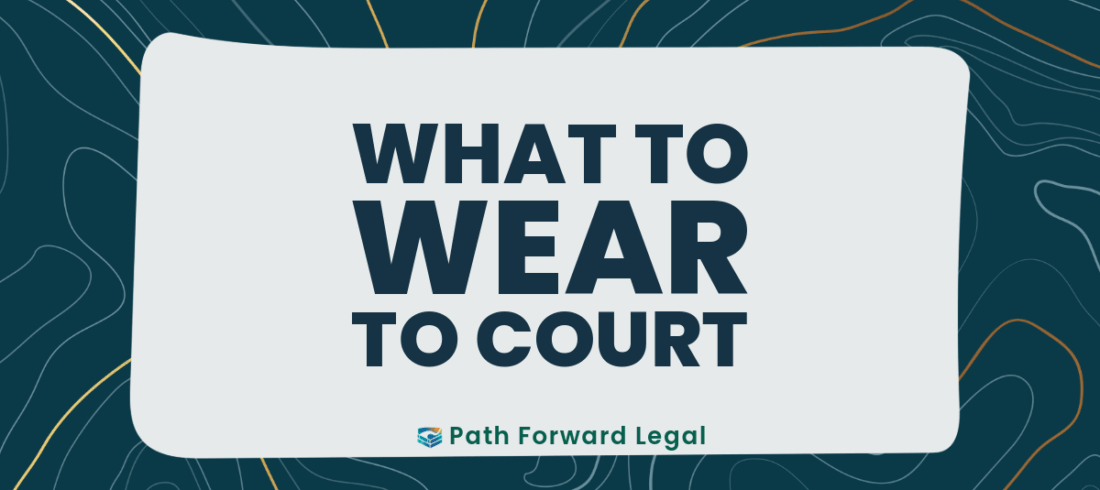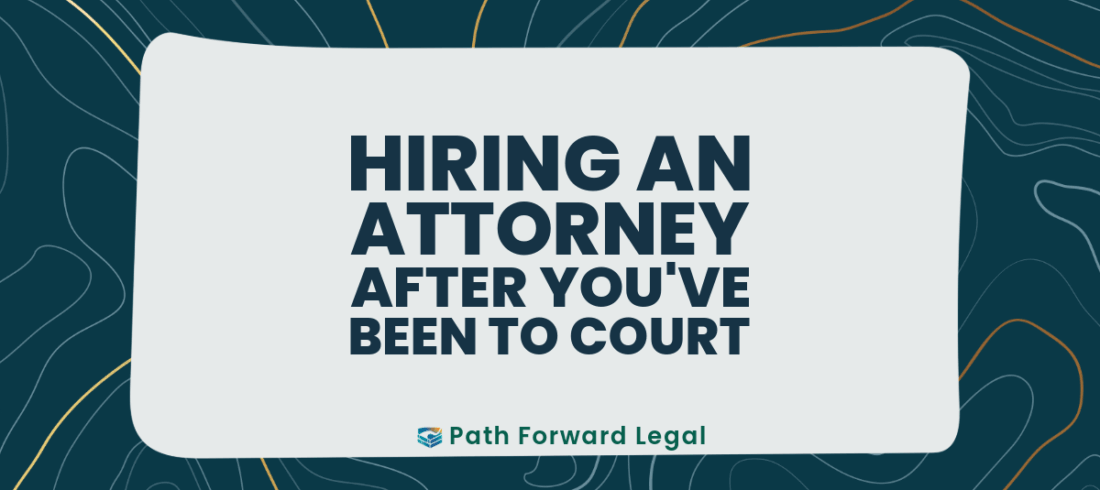Arrested for domestic violence in Colorado? Here’s exactly what to expect next—and how to protect your rights at every step.
Table of Contents
- 1. Immediate Aftermath: The Arrest
- 2. Booking and Jail Procedures
- 3. Mandatory Jail Hold: Why You Can’t Leave Right Away
- 4. Bond and Jail Release
- 5. Mandatory Protection Orders (Restraining Orders)
- 6. Your First Court Appearance (“First Advisement”)
- 7. The Colorado Domestic Violence Court Process
- 8. Collateral Consequences: Work, Family, Firearms
- 9. How to Protect Your Rights After Arrest
- 10. Frequently Asked Questions
- 11. Next Steps: Talk to a Colorado Defense Attorney
1. Immediate Aftermath: The Arrest
If you’ve just been arrested for domestic violence in Colorado, you probably feel anxious and overwhelmed. Here’s what you can expect in the hours and days ahead.
What Triggers a Domestic Violence Arrest?
In Colorado, police must arrest someone if they have probable cause to believe a domestic violence crime occurred. This could involve a spouse, ex-partner, roommate, or even someone you dated briefly. “Domestic violence” includes more than just physical violence—it covers threats, harassment, or property damage tied to an intimate relationship.
2. Booking and Jail Procedures
After arrest, you’ll be taken to jail for booking. This process typically includes:
- Collecting personal information and fingerprints
- Taking your photograph (mugshot)
- Confiscating your belongings for storage
You will not be allowed to bond out immediately due to Colorado’s mandatory hold (see below).
3. Mandatory Jail Hold: Why You Can’t Leave Right Away
Colorado law requires that anyone arrested on suspicion of domestic violence be held without bond until they see a judge. This usually means spending at least one night in jail—often longer if arrested on a weekend or holiday.
Colorado automatically provides a public defender for people held in jail awaiting trial. You do not have to use the public defender, but they are there to answer your questions and advocate for you to get out of jail.
Why is a court appearance required?
The law is meant to provide a “cooling-off period” and ensure a judge can review whether special bond conditions or a no-contact protection order (restraining order) should be issued. In all cases, a Mandatory Protection Order must be issued by the judge before bond can be set.
4. Bond and Jail Release
When Can I Get Out of Jail?
You can only be released after your first court appearance in front of a judge—this is called a “first advisement” or “bond hearing.” This typically happens within 24 hours, but can take longer.
Setting Bond
At this hearing, the judge will:
- Advise you of the charges and your rights
- Decide on the amount and conditions of bond (if any)
- Issue a mandatory protection order
If the judge sets bond, you (or a loved one) can post the required amount for your release. For some domestic violence charges, you may be released on a personal recognizance bond (no money required), but strict conditions will apply.
5. Mandatory Protection Orders (Restraining Orders)
What is a Mandatory Protection Order?
After any domestic violence arrest, the judge will issue a protection order. This usually prohibits contact with the alleged victim and may restrict you from returning home, possessing firearms, or contacting your children.
Violating the order—even accidentally—can result in new criminal charges and immediate re-arrest.
If you need to retrieve belongings or arrange child care, let your attorney handle communications.
6. Your First Court Appearance (“First Advisement”)
This is your first opportunity to hear the details of your charges, bond, and restrictions. You do not have to enter a plea at this point.
Should I Speak in Court?
Only to answer the judge’s direct questions about your identity or ability to pay bond. Do not discuss the facts of your case with the judge, the prosecution, or anyone in the courtroom. At this point, the judge is not there to decide whether to dismiss the case. The only authority the judge has is to make sure the laws are followed in your case.
7. The Colorado Domestic Violence Court Process
After the first appearance, your case moves through several key stages:
a. Filing of Formal Charges
If they haven’t done so already, the prosecutor will review the case and file formal charges after your first court appearance. These charges may differ from what police listed at arrest. After investigation, the prosecution may add charges from previous incidents or they may reduce the charges from what the police originally identified.
b. Pretrial Hearings & Discovery
Your attorney reviews evidence (“discovery”), negotiates with the prosecutor, and may conduct additional investigation in your case. This can happen in one month or many, and you may have to appear in court a few times before your case moves to a new stage.
b. Entry of Plea
To resolve most cases, you enter a plea (guilty or not guilty). If you plead not guilty, your case proceeds to motions and trial. If you plead guilty, you will not have a trial and you will face sentencing by the judge.
There are different ways of resolving your case, including deferred judgements and alternative sentencing options. Before making any decision on your case, you will speak with your attorney to understand your options.
d. Trial or Plea Bargain
If no agreement is reached, your case will go to trial before a judge or jury.
e. Sentencing
If convicted or if you plead guilty, the court will impose a sentence. This can include probation, domestic violence classes, jail, fines, and a continued protection order.
8. Collateral Consequences: Work, Family, Firearms
A domestic violence arrest triggers immediate and long-term consequences, including:
- Employment: Arrests and court appearances can threaten your job. A conviction may affect certain professional licenses.
- Housing: A protection order may bar you from returning home, even if you are the one who pays the mortgage or rent.
- Firearms: You must surrender any firearms or ammunition as a condition of release and while the case is pending. Some convictions may trigger federal laws prohibiting the possession of firearms for life.
- Child Custody: Custody and visitation may be temporarily limited.
- Immigration: Non-citizens may face immigration consequences including deportation.
9. How to Protect Your Rights After Arrest
- Stay Silent: Do not explain or justify your actions to police, jail staff, or anyone else. Anything you say can be used against you.
- Call an Attorney: Contact a criminal defense lawyer as soon as possible. They will advise you on how to proceed, handle communication, and fight to protect your rights.
- Follow Protection Orders: Do not contact the alleged victim, even indirectly. Do not return home without permission.
- Preserve Evidence: Save any texts, emails, voicemails, or other evidence that could help your defense.
- Stay Off Social Media: Do not discuss your case online.
10. Frequently Asked Questions
How long will I be in jail after a domestic violence arrest?
Usually 24-48 hours, depending on when you see a judge.
Will I be able to go home?
Not immediately—protection orders may bar you from your residence.
Can the alleged victim drop the charges?
Not directly. Only the prosecutor can decide whether to move forward.
Will I have a criminal record?
An arrest is public record. A conviction will remain unless you are eligible for sealing later.
Do I need a lawyer?
Absolutely. Domestic violence cases move quickly, with strict laws and harsh penalties.
11. Next Steps: Talk to a Colorado Defense Attorney
If you’ve been arrested for domestic violence, don’t wait to get help. The choices you make in the next few days will have lasting consequences.




